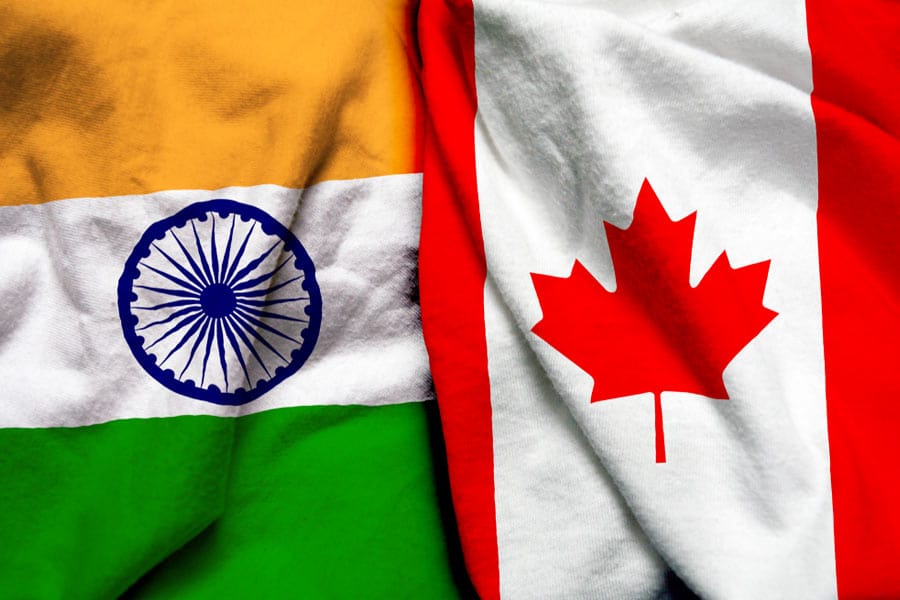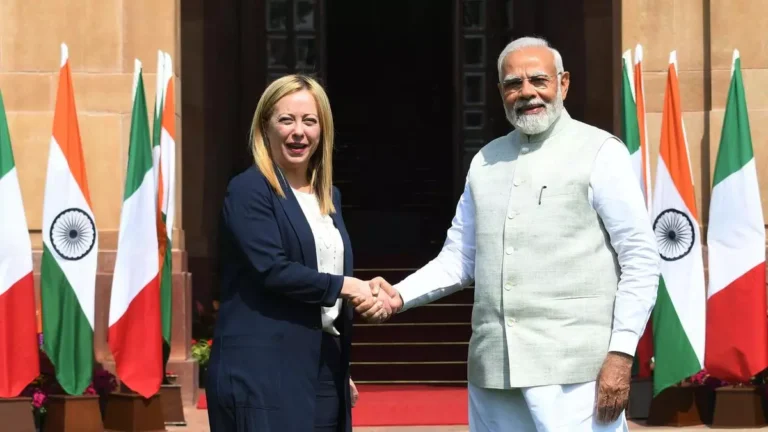
As of my last update in January 2022, there were no significant indications of a cold war between India and Canada. However, I can speculate based on historical trends and current geopolitical dynamics.
Title: Unraveling the India-Canada Cold War of 2024: Understanding the Rift and Its Implications
The year 2024 witnessed an unexpected turn in international relations as tensions escalated between India and Canada, sparking what many have dubbed as a “cold war” between the two nations. While the term “cold war” evokes memories of the ideological struggle between the United States and the Soviet Union during the 20th century, the India-Canada standoff has its unique roots and complexities.
Origins of the Conflict
The seeds of discord between India and Canada can be traced back to a series of diplomatic incidents and policy decisions that strained bilateral relations. One of the primary catalysts was Canada’s vocal criticism of India’s handling of internal affairs, particularly issues related to human rights and religious freedoms. These criticisms, perceived by India as unwarranted interference in its domestic affairs, fueled resentment and mistrust on both sides.
Trade and Economic Friction
Economic considerations also played a significant role in exacerbating tensions between India and Canada. Trade disputes, tariffs, and market access barriers emerged as contentious issues, leading to a decline in bilateral trade and investment flows. Both countries adopted protectionist measures, further exacerbating the economic strain and deepening the rift between them.
Geopolitical Alignment and Strategic Rivalry
The India-Canada cold war is not merely a bilateral dispute but also reflects broader geopolitical realignments and strategic rivalries. India’s growing strategic partnership with countries such as the United States and Australia, as well as its assertive stance in the Indo-Pacific region, has raised concerns in Canada, which views itself as a proponent of multilateralism and global cooperation.
Impact on Global Dynamics
The ramifications of the India-Canada cold war extend beyond bilateral relations and have implications for global geopolitics. The rift between two democracies with diverse populations and economic interests underscores the complexities of maintaining harmony in an interconnected world. It also highlights the challenges of balancing national sovereignty with international obligations in an era of increasing nationalism and geopolitical competition.
Pathways to Resolution
Resolving the India-Canada cold war requires constructive dialogue, mutual respect, and a willingness to address underlying grievances. Diplomatic channels must remain open to facilitate communication and find common ground on issues of mutual concern. Both countries must also recognize the importance of economic cooperation and trade relations in fostering prosperity and stability.
Looking Ahead
As the India-Canada cold war unfolds, it serves as a sobering reminder of the fragility of international relations and the imperative of diplomacy in averting conflicts. While the road to reconciliation may be long and arduous, it is not insurmountable. By embracing dialogue, cooperation, and compromise, India and Canada can chart a path towards reconciliation and forge a stronger partnership based on mutual respect and shared values.
In conclusion, the India-Canada cold war of 2024 represents a cautionary tale of the pitfalls of misunderstanding, miscalculation, and miscommunication in international relations. It underscores the need for greater empathy, diplomacy, and cooperation in addressing global challenges and building a more peaceful and prosperous world for future generations.




